Long ears, short legs and drool is what you may first notice when you see a basset hound in person, but take a closer look. These lovable dogs are hounds in name and couch potatoes at heart. As happy to trot alongside you for miles as they are to cuddle while you binge on your favorite television program, these dogs make fantastic companions. If you are looking for a dog that will get along with everyone in your house and any other animal you bring home, the laid back basset hound is for you.
Built with a nose for hunting, these dogs are heavily boned and more athletic than you may think. Think of the basset hound as a large dog in a small body. An average female stands about a foot tall at the shoulders and weighs between 44 and 55 pounds. The average male basset hound stands about 13 inches at the shoulders and weighs between 55 and 63 pounds. The actual height and weight of your basset will depend on genetics, exercise habits and feeding regimens.
Basset hounds are loving animals that get along well with others, making them a great breed for multi-animal households. Potential owners should be aware that, as a scent hound, the basset is known to put its nose to the ground and follow it far enough to lose its way back home. A fence is a must for this hunting breed if you hope to keep it safe and sound.
If you purchase your puppy from a responsible breeder, it will have little in the way of genetic health problems. Because this breed carries a heavy load on small legs, back problems are common. Take care not to let your hound jump on and off of furniture, run up and down steps, or overdo it on a jog. While the breed can certainly perform these activities, it will cost it in the long run. A basset that does not have back problems in its senior years is hard to find.
Because they have long, pendulous ears, basset hounds are prone to ear infections. Taking proper care of the ears with a weekly cleaning is often enough to keep infections at bay. Your veterinarian can give you an ear cleaning demonstration if you are unfamiliar with cleaning dogs’ ears.
Even though owners of basset hounds may tell you that they are, hands down, the best breed there is, they are not suited for everyone. Basset hounds have a bit of an odor. Aficionados of the breed like to compare the smell to that of corn chips. The odor is a result of an oil produced by the skin of this hound. New owners should be prepared to give their basset a weekly or bi-weekly bath or be able to tolerate the smell on their furniture and in carpeting.
Basset hounds love to eat. Unfortunately, excessive weight places extra stress on the basset’s long back. Special care must be taken to keep the basset hound trim. An owner is doing their hound no favors by giving it extra treats. If you bring a basset hound into your home, plan on scheduled and measured feedings. Avoiding dog treats in favor of non-toxic fruits and vegetables is a great way to reward your pet in a healthy way.
As with any breed of dog, a bored basset can be a destructive one. Plan on taking your new pet to obedience school. Low to the ground, this dog is more powerful than some people think. An untrained basset hound can be difficult to control and no fun to live with. Potential owners should know that the basset is not necessarily a people-pleasing breed. This makes them seem aloof and stubborn. The breed is definitely trainable, assuming you have the patience and dedication needed to follow through with your instruction.
If you are considering bringing a member of this loving, gentle breed into your home, find a responsible breeder or look for a local breed rescue. Basset hounds can be wonderful additions to your family if you have patience and affection to give. Once you bring one basset into your life, do not be surprised if you are soon looking for a second.




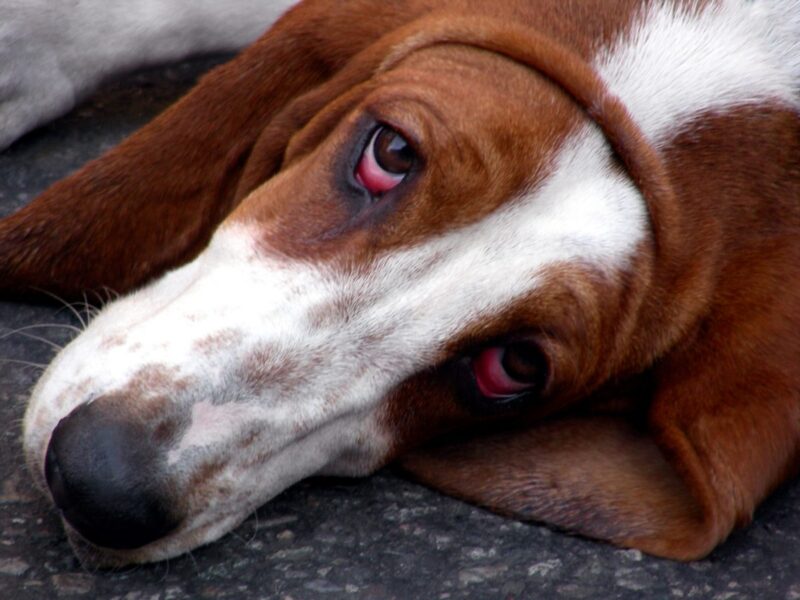
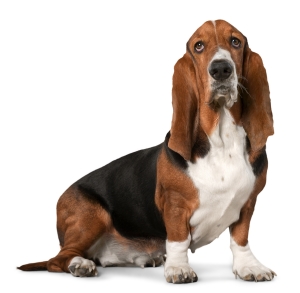
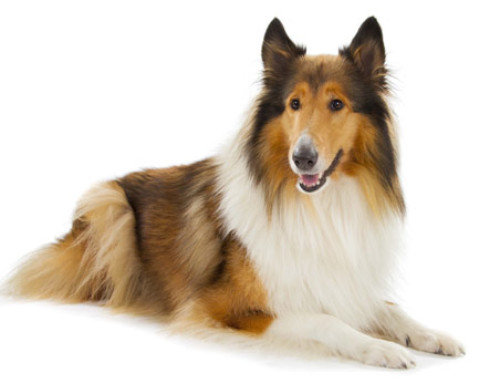
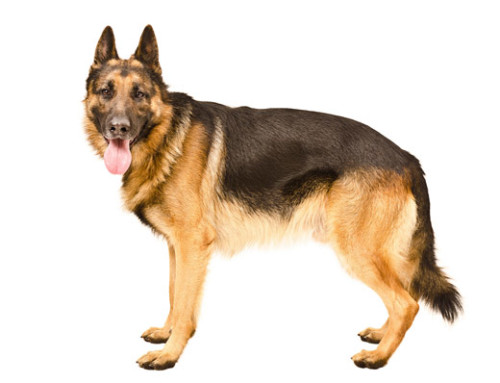
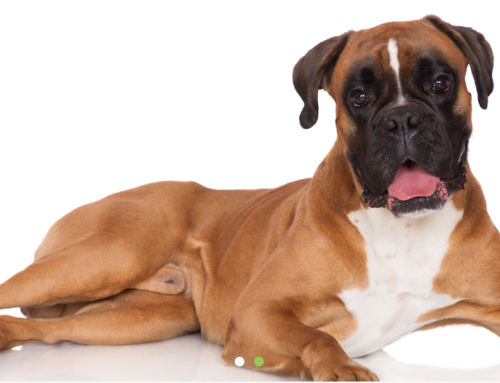
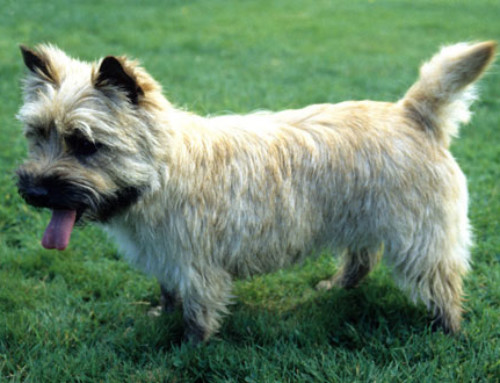
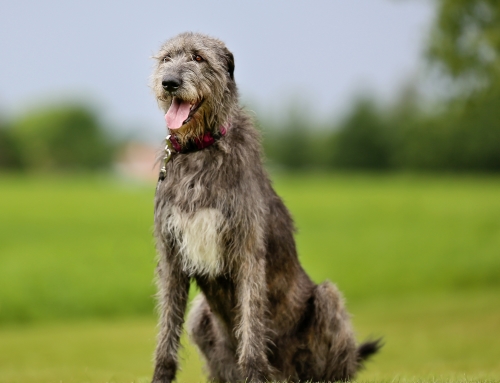
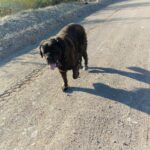


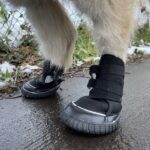


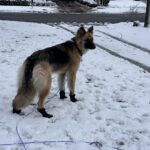
I need winter boots for my bassett hound. can anyone help? legg anatomy is different than other breeds!
Hi Jo Ann! We’d love to help. I think your Bassett Hound would best fit a soft sole boot rather than a boot that has a very defined paw area. Have you tried yet to measure the length and width of the paw? This would be our recommendation: http://www.alldogboots.com/Soft-Sole-Waterproof-Winter-Dog-Booties-Blue-p/sswinblue.htm
I need boots for our corgi who was just diagnosed with DM. He needs grip for hardwood floors inside as well as protection for walks outdoors. Can you recommend the type of shoe/shoes he needs and that will work with his short legs too?
Thanks so much!
Hi Judy. I think your Corgi will do well in the Ultra Paws boots as they are very low cut. They are good non slip boots for indoors but also waterproof for outdoors and will protect his paws outside. You just need to measure the WIDTH of your dog’s paw for this particular boot and order accordingly. Here’s a link to the product: http://www.alldogboots.com/Ultra-Paws-Durable-Dog-Boots-p/ultradur.htm